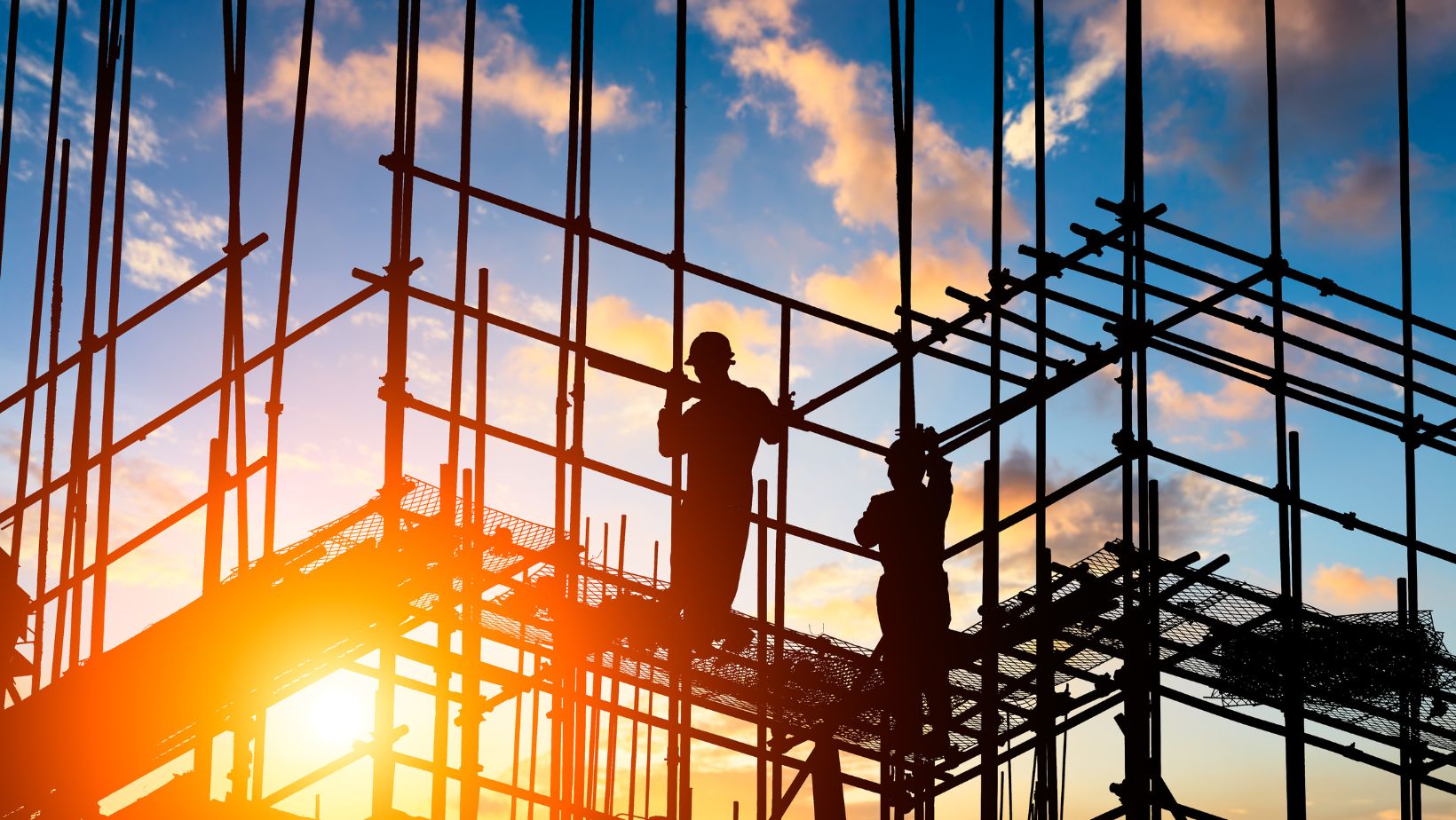
The construction industry, long seen as a traditional sector, is undergoing a digital transformation that’s reshaping how projects are designed, managed, and executed. As technology advances at a rapid pace, construction companies are increasingly adopting innovative solutions to boost efficiency, reduce costs, and enhance safety. From drones surveying sites to 3D printing creating complex structures, these tech trends are revolutionizing the way we build.
Emerging technologies like Building Information Modeling (BIM) and the Internet of Things (IoT) are playing pivotal roles in this evolution. BIM enables detailed virtual modeling, fostering collaboration and reducing errors, while IoT devices provide real-time data, improving decision-making and resource management. As the demand for smarter, more sustainable buildings grows, embracing these tech trends isn’t just advantageous—it’s essential for staying competitive in the modern construction landscape.
Tech Trends In Construction
 Technological innovation drives significant changes in construction. Emerging technologies enhance efficiency and redefine industry standards.
Technological innovation drives significant changes in construction. Emerging technologies enhance efficiency and redefine industry standards.
BIM streamlines the construction process by enabling comprehensive digital representations of physical structures. It facilitates collaboration among architects, engineers, and contractors. Real-time sharing of data reduces errors and minimizes project delays, contributing to cost savings and improved outcomes.
Drones offer precise aerial surveys that transform how construction sites are monitored. High-resolution images and videos enable accurate site assessments, improving project tracking and compliance. Automated drone missions gather data quickly, replacing traditional surveying methods with increased efficiency and safety.
Smart building systems incorporate automated processes and IoT-enabled devices for optimal energy management. These systems manage lighting, heating, and ventilation through sensors and connected devices, significantly reducing energy consumption. For instance, adaptive lighting systems only activate when artificial light is necessary, conserving electricity. Industry experts recognize smart HVAC systems for their ability to learn user preferences and adjust temperatures accordingly, enhancing comfort and efficiency.
Energy-Efficient Designs
 Energy-efficient designs prioritize resource conservation through innovative architectural features and materials. High-performance insulation materials, such as spray foam and insulated concrete forms, minimize energy loss in buildings.
Energy-efficient designs prioritize resource conservation through innovative architectural features and materials. High-performance insulation materials, such as spray foam and insulated concrete forms, minimize energy loss in buildings.
Photovoltaic panels and green roofs transform structures into energy producers, further reducing reliance on non-renewable sources. Additionally, passive solar design utilizes natural heat and light, lowering heating and cooling demands.
These designs align with green building certification systems like LEED, promoting sustainable construction standards globally.
Digital Transformation in Construction
Digital transformation is reshaping the construction industry. Integrating cutting-edge technologies enhances design, planning, and execution processes.
The Role of Artificial Intelligence
 Artificial Intelligence (AI) optimizes construction workflows. Machine learning algorithms predict potential project delays by analyzing vast data sets, reducing time and cost overruns. AI-driven robotics automate repetitive tasks such as bricklaying, increasing precision and safety.
Artificial Intelligence (AI) optimizes construction workflows. Machine learning algorithms predict potential project delays by analyzing vast data sets, reducing time and cost overruns. AI-driven robotics automate repetitive tasks such as bricklaying, increasing precision and safety.
Predictive maintenance systems leverage AI to monitor equipment health, preventing unexpected breakdowns. IoT applications provide real-time insights. IoT sensors embedded in construction equipment track usage and performance, leading to improved maintenance schedules and asset management. These sensors enhance site safety by monitoring hazardous conditions, notifying workers of potential risks.
IoT-enabled smart wearables collect data on worker movements, improving ergonomics and reducing the likelihood of injuries.
Cloud-Based Project Management
Cloud-based project management platforms streamline collaboration. These tools allow stakeholders to access project documents and updates from any location, facilitating timely decision-making and communication. Real-time data sharing enhances transparency and accountability across teams. Automated workflows within these platforms improve task management and resource allocation, ensuring projects stay on schedule and budget.
Future Prospects of Tech in Construction
As the construction industry continues to embrace technological advancements, the future looks promising with even more innovative solutions on the horizon. The integration of AI, IoT, and other cutting-edge technologies is set to further enhance efficiency, safety, and sustainability in construction projects. Stakeholders who adapt to these changes will likely lead the way in creating smarter and more sustainable buildings.
With the ongoing evolution of digital tools, the potential for improved project outcomes and reduced environmental impact is immense. As more companies recognize the benefits of these technologies, the construction sector is poised for a transformative shift that aligns with global sustainability goals and the demands of modern architecture. Embracing these innovations will not only drive competitiveness but also pave the way for a more efficient and environmentally conscious industry.


